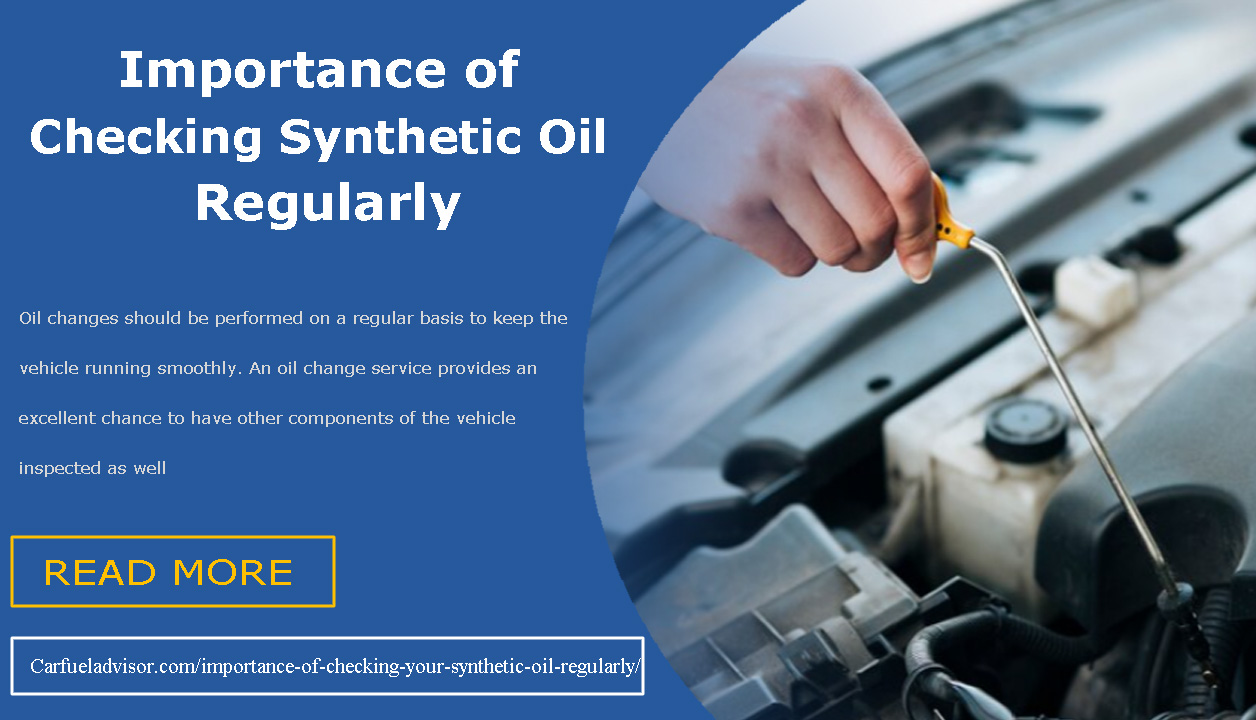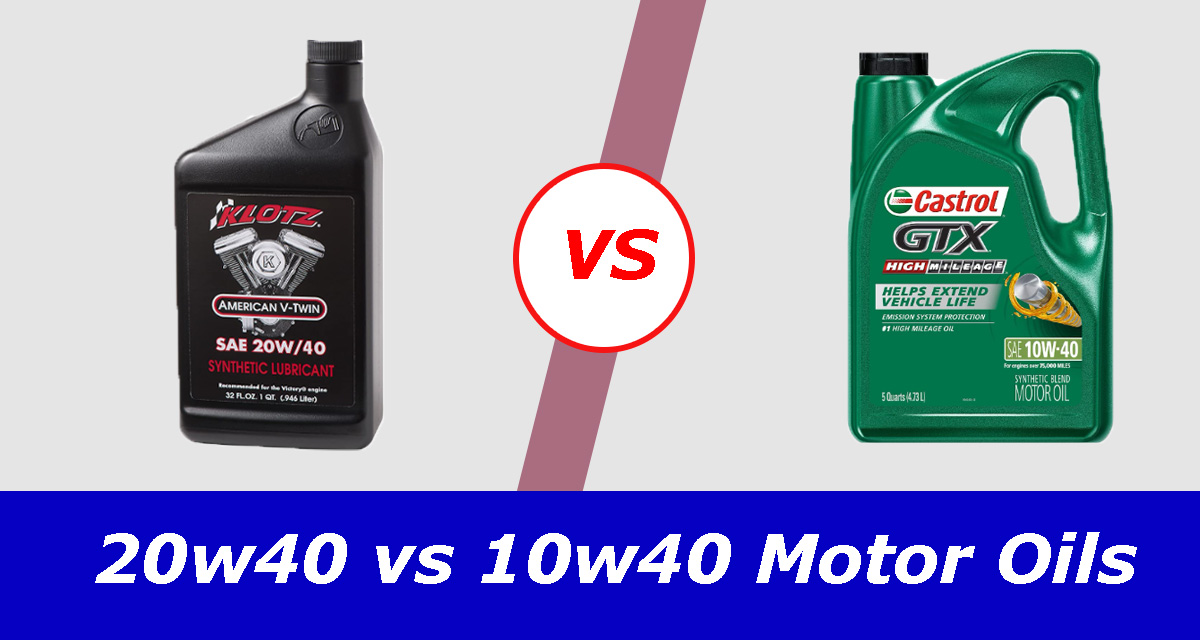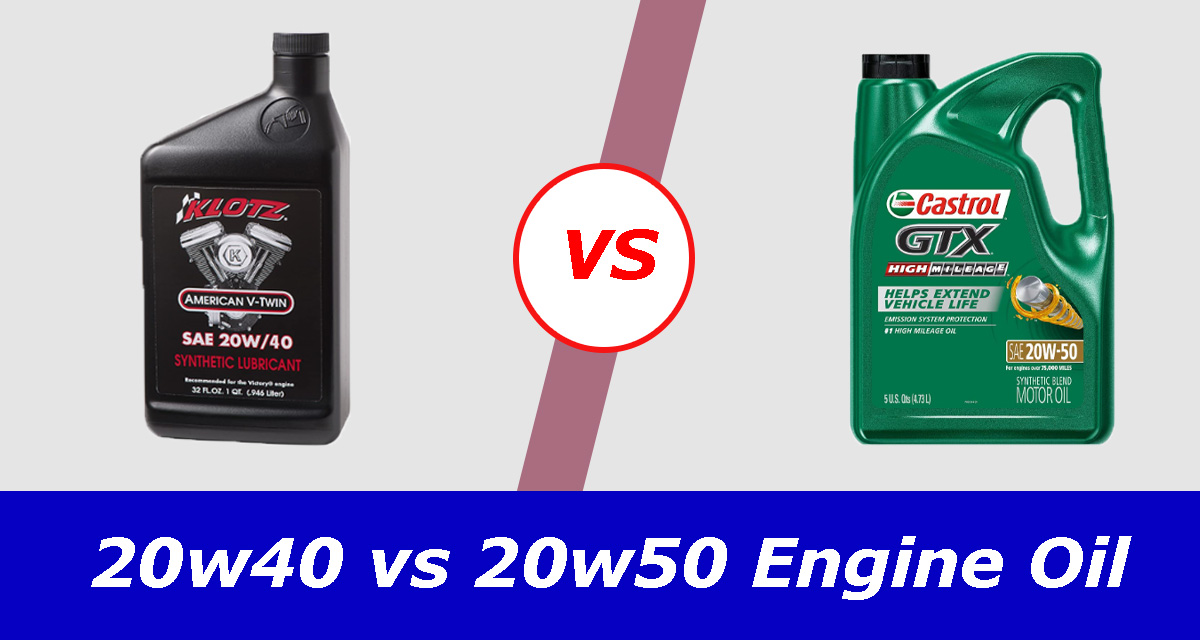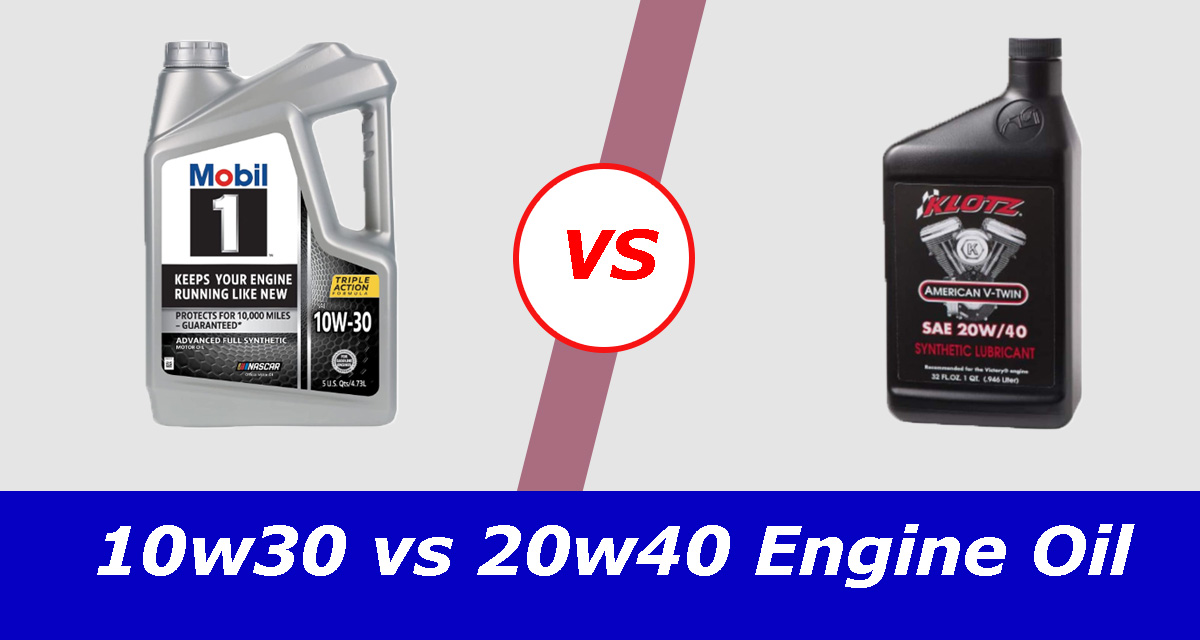Why is it essential to change the engine oil at the correct intervals? The most essential part of routine car maintenance is to ensure that you change the oil on a regular basis.
Oil changes should be performed on a regular basis to keep the vehicle running smoothly. An oil change service provides an excellent chance to have other components of the vehicle inspected as well.
The engine of your vehicle runs on oil, which is its lifeblood. The engine would burn up and seize in seconds if you didn’t have oil.
Oil lubricates your engine and protects it from two of its most dangerous enemies: friction and heat. Wear results from friction and heat. That engine will ultimately be destroyed by wear. Oil degrades over time as a result of friction and heat. This is why you should change your engine oil and filter on a regular basis.
Whether you drive a truck or a car, your vehicle is most certainly the second-largest purchase that you will make in your lifetime.
If anyone takes proper care of their vehicle, it might last 200,000 miles or more. Vehicle prices, both new and old, continue to rise year after year. Caring for your car should be one of your top concerns.
One of the most critical and cost-effective activities that can do to extend the life of the car is to change the engine oil and filter every 3,000 to 5,000 miles, or as advised by the manufacturer of your vehicle.
Inspecting the level and quality of your engine oil will remind you of this vital maintenance item and will also help to get familiar with what happens to the oil in the vehicle’s engine.
Inspect the engine oil every time to fill up the gas tank, or at least once a month. It is also crucial to have an oil change sticker placed on the inside of the windshield to remind you when your next oil change is due.
Why Is It Necessary to Change Your Oil on a Regular Basis?

First and foremost, oil is critical to the health of your automobile, just as water is to the health of your body. All of the engine’s components cannot function properly without oil.
The oil not only keeps the components lubricated but also transports heat away from the engine’s combustion chamber, preventing the engine from overheating.
According to a survey conducted by the Car Care Council, 25% of vehicles on the road have low or dirty oil. Driving with low or filthy oil can cause performance issues and engine damage, both of which can result in significant future costs.
An engine is made up of many moving components, all of which must be properly maintained to avoid damage or wear. That protecting and lubricating function is fulfilled by the oil in the engine.
The oil begins to degrade and become polluted during the driving process. Extreme cold and heat, dirt, and other pollutants all dilute and damage the oil over time. All of this causes the engine oil to lose its efficacy and capacity to properly lubricate; and when the oil is unable to do its job, the vehicle’s performance decreases, and the engine might be damaged, necessitating costly repairs in the future.
The Benefits of Changing Your Synthetic Oil Regularly

Improves Gas Mileage:
If you regularly travel long distances, you realize the value of gas mileage. However, did you realize that gas mileage and the quality of your oil go hand in hand? Proper and consistent oil changes can only assist in retaining outstanding gas mileage.
If you don’t replace the oil when it’s due, it will get less gas efficiency and have to fill up your tank more frequently.
Longer engine life:
Taking your car to the technician for frequent oil changes can only help it preserve its vitality. Oil changes aid in the reduction and removal of any extra filth that might accumulate in your engine as a result of use.
Sludge is another typical occurrence in automobiles, and oil changes will entirely remove it for a more efficient engine. Oil changes, in general, help to keep your engine clean. A well-maintained engine runs smoothly.
Better Engine Performance:
Due to heat exposure, old oil degrades over time. As a result, it loses viscosity and the capacity to lubricate the engine cylinder walls. Essentially, the dirtier the oil, the more difficult it is to get to where it has to go.
This sludge begins to accumulate in regions where it obstructs the flow of lubricant to sections that require it. Another purpose of oil is to remove heat from engine components. These portions stay hotter for longer if they are covered with muck.
Eventually, the engine’s performance will suffer as it loses both gas mileage and horsepower.
What happens if you don’t change your oil regularly?
If you don’t change your oil regularly, your engine will not last as long as it should, which might result in costly engine replacement or rebuild expenditures. This is due to the fact that oil degrades over time and can no longer provide the essential lubrication for metal parts after prolonged usage.
Without lubrication, the engine’s moving parts begin rubbing against one another, resulting in premature wear. Furthermore, because oil has a limit to the number of particles it can retain, not changing the oil causes the particles in the oil to settle down and cause corrosion.
How often should I get my car’s oil changed?
Oil changes are typically advised every 3,000 miles or every six months. It’s typically a good idea to keep track of the miles because the life of the oil is determined more by how much you drive than by the amount of time that passes.
This depends on your driving habits, how often you drive, how many years you have used your vehicle, and the quality of the oil is using. If anyone drives a new car, it may be able to wait a little longer between changes.
If you’re not sure if the 3,000 miles/6 months system works for your car, it’s a good idea to consult a car care professional. Although not an accurate science, this system helps to get a rough estimate of when another oil change is planned.
There is much controversy (even among specialists) about whether automobiles can go more than 3,000 miles between oil changes, so many consumers put off changing their oil for longer to save money and time.
We recommend consulting your vehicle’s manufacturer for the best results. They have evaluated your individual car and know the optimal maintenance intervals to use.
See more: Can You Switch From Regular Oil To Synthetic Oil
Conclusion
As you can see, regular oil changes are critical to a vehicle’s health. Cars require oil to work correctly, much as humans require water to thrive. In summary, ensuring that your engine oil is performing at a high level has a significant influence on the car, and the repercussions of allowing this to happen may be serious.
Regular oil changes, like any other normal car maintenance, are part of being a responsible vehicle owner and ensuring that the vehicle is in the finest running condition possible.
Although changing car oil in a few months can seem a little inconvenient, it may save a lot of money in the long run by preventing from having to pay for expensive repairs such as a thorough engine clean-up or even rebuilding a car’s engine.




